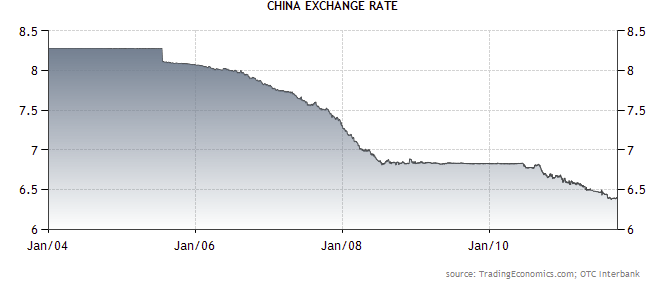“Zombie Mortgages” Mean Delay of Housing and Economic Recovery Well Past 2014
A new research piece from Barclays raises some far reaching implications.
Many economic pundits forecast the housing market will bottom in 2012 and start recovering thereafter. I’d like to know exactly how that happens when the odds of a Eurobanking crisis is the next six months look high, and it’s bound to blow back to the US.
But even the more realistic pundits (meaning those not in the employ of financial firms) may be unduly optimistic.
Read more...
